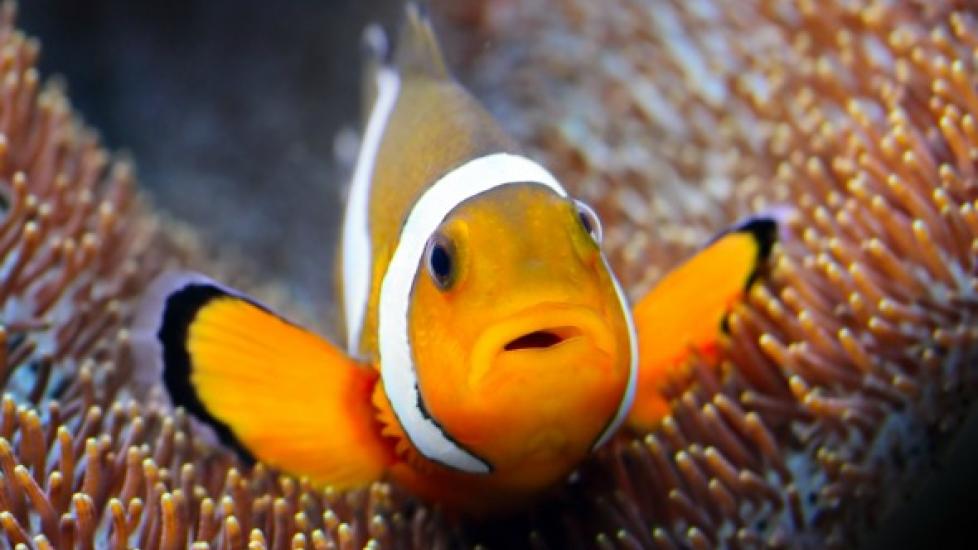How Fish Control Their Bodies
The Inner Workings of a Fish's Brain
Fish rely on three systems working together to control their bodies: the brain is the primary controller, working with messages sent by the nervous and endocrine systems.
Just like in humans, a fish’s brain receives information from the sensory organs and assimilates it. A proper response is then generated and the appropriate organs are stimulated to do what’s needed. The brain also stores the fish’s memory, learns and carries out a variety of reflex actions such as breathing and pumping of the heart.
The nervous system is used for fast responses. A fish’s nerves send electric pulse messages along nerve fibers that form a network throughout the body, reporting and controlling rapid changes in physiological functions. These messages carry either status information from the body to the brain (sensory nerves) or instructions from the brain to the organs (motor nerves).
While the endocrine system is relatively slower to respond, it’s not responsible for quick changes. Instead, it manages the vital organs and ensures a constant internal environment in the fish’s body. The endocrine organs produce hormones -- a sort of messenger chemical -- that are carried in the bloodstream to the fish’s organs.
